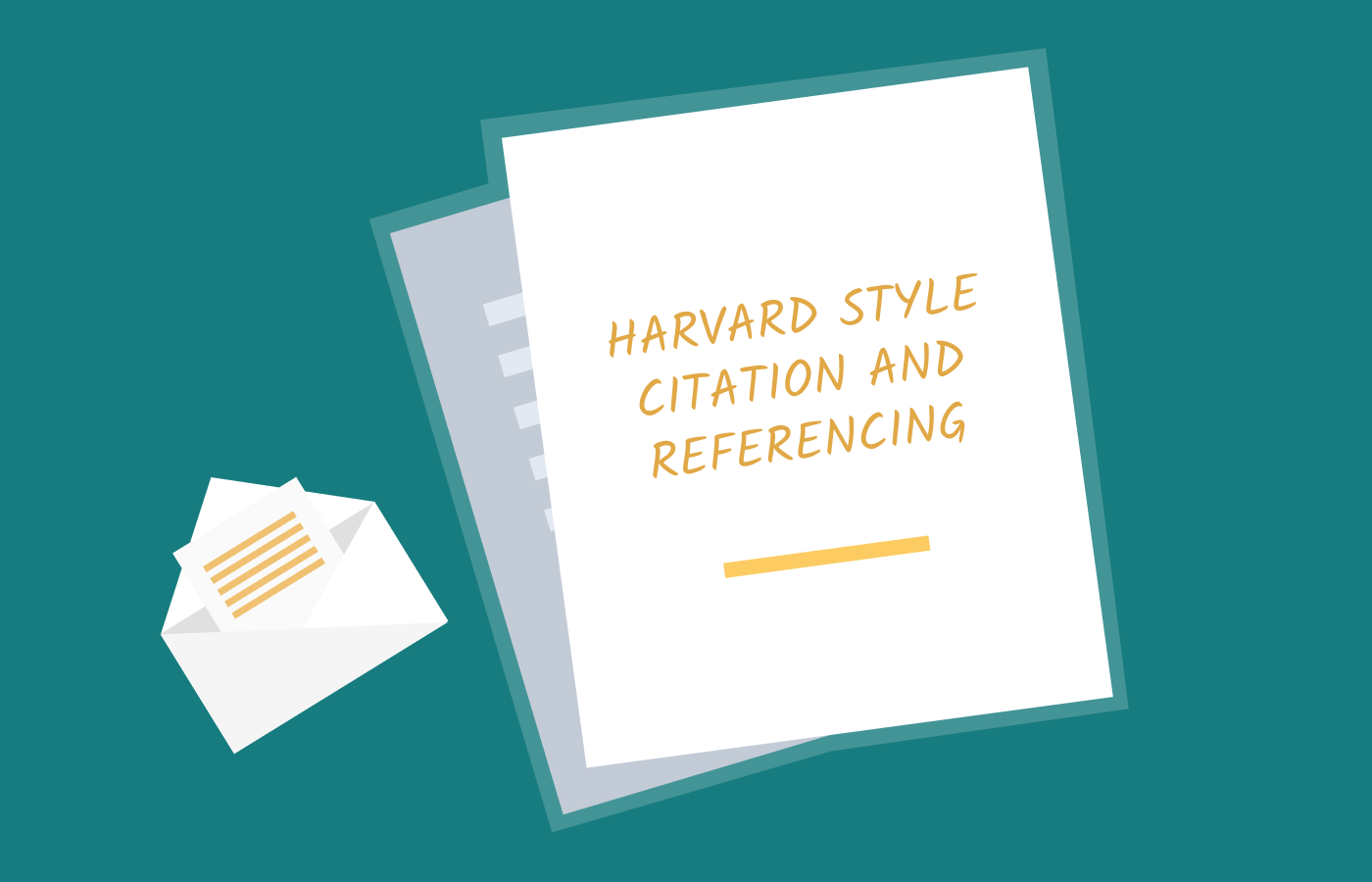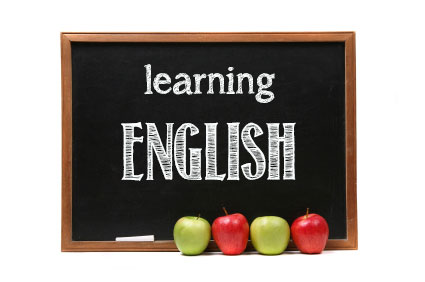Getting better at your English coursework involves working on your grammar, polishing your writing skills, and mastering reading comprehension. There are many ways to do each and, thankfully, all of these ways are easy to implement, given the right amount of time and commitment. Let's get started on the tips to improve coursework.

Improve Essay Writing Skills
Vocabulary Skills
Using the right vocabulary is an essential element of writing essays. When you make efforts to expand your vocabulary, you will be able to pick accurate words to take your writing to the next level.
It’s a good idea to make a note of the new words you come across in a vocabulary notebook. Doing this helps you remember the meanings of new words and you can also refer to them while writing essays.
Research Skills
Research forms the first step in writing any kind of essay. The stronger your research, the better the quality of your essay. With access to a wide range of data, it’s important to evaluate research sources carefully and only refer to credible ones. For example, Wikipedia is not a reliable source and should not be attributed to while writing essays.
Creating an Outline
Once you’ve done your research, don’t rush to write. Take a moment to draft a basic outline for your essay and organize your research and findings. Working on an outline lets you approach the essay in an organiSed manner. It serves as the skeleton of your paper while ensuring you’re not missing out on any information and that your points flow logically.
Using Topic Sentences
A topic sentence is the first sentence in a paragraph, and it summarises the rest of the paragraph. You can create them first to help you stay on track when writing your essay.

Using a Dictionary and Thesaurus
You might have learned a large number of fancy words when studying for an entrance exam. But before you start using them in academic essays, be very sure you know what they mean in the context of your essay. This is where a dictionary, such as the Oxford dictionary, can come in handy.
A thesaurus is another valuable tool when writing an essay. A thesaurus tells you synonyms or words that have the same or a similar meaning to the word you look up. It’s important because it can add some volume to your essay and increase the impact of your words.
Using Simple Language
You might be tempted to use complex metaphors and jargon to impress the reader, but the truth is, none of that guarantees “good” writing. One of the most important ingredients of effective writing is clarity. You don’t want to leave the reader confused and puzzled after reading your essay. So, use simple words and explain concepts with the help of examples.
Revise, Edit, Rewrite
Finally, make it a point to proofread your essay to ensure you have covered all the aspects, cited references accurately, and not made any silly errors. It’s a good idea to read your essay out loud so you’re able to identify errors and awkwardly formed sentences with ease. You should also get a friend or family member to read your essay, to spot mistakes or discrepancies that you may have overlooked.
Essay Writing Tips
When writing an academic essay, you must take a number of qualities and characteristics into careful consideration. Focus, development, unity, coherence, and correctness all play critical roles when it comes to distinguishing an exceptional essay from one that is less than perfect.
Grammar Tips
- Review basic grammar rules.
- Write in the active voice whenever possible.
- Choose concise words and phrases.
- Use punctuation to set your writing’s rhythm.
- Vary your sentence structure.
Academic Language Tips
- Avoid slang, contractions, and other informal expressions.
- Use objective, specific language instead of making generalisations.
- Build your knowledge of your discipline’s vocabulary.
- Include big words and technical terms only when it’s necessary.
Writing Tips
- Analyse your essay question or prompt.
- Research your subject matter.
- Develop a succinct, arguable thesis.
- Create an outline to map out your essay’s structure.
- Use the TEEL strategy to organise your paragraphs.
- Address a counterargument to strengthen your claim.
Vocabulary Tips
- Use the vocabulary that you know.
- Work on expanding your vocabulary.
English Coaching Tips for Grammar
Here are a few step-by-step tips from top English coaches to help you improve your grammar.
Mind the Apostrophes.
The apostrophe is used to form contractions as well as the possessive case. If you omit the apostrophe, you can easily change the meaning of words: its–it’s, their–they’re.
Use a comma after introductory phrases or prepositional phrases.
The prepositional phrase is a word combination, the main element of which is a preposition. Usually, the prepositional phrase begins with a preposition and ends with a noun or pronoun.
Memorise heteronyms (homophones) and suffixes.
Words such as too–two, your–you’re, accept–except are homophones. Homophones are words that are pronounced the same but are spelt differently. It is very important to know how to form new words in English and which suffixes to use.
Understand the articles.
In English, there are two kinds of articles, definite (the) and indefinite (a/an). Remember that a/an is used when referring to something in general. The is used when referring to something specific.
Understand appositive.
An appositive is a noun or pronoun set beside another noun or pronoun to explain or identify it. It’s a convenient way to add details to a sentence. The term “appositive” is derived from a Latin word that means “placing near,” and an appositive usually appears immediately after the word or phrase that it identifies.
Join our spoken English classes here on Superprof.

Use a comma to separate that, who, and which.
Do this only if the phrase contains nonessential information that could be omitted from the sentence without the sentence losing its basic meaning.
Remember what a semicolon is meant for.
A semicolon can separate two sentences or independent clauses within a complex sentence. Semicolons are often found in fiction writing in English.
Distinguish between countable and uncountable nouns.
The English word many is used with countable nouns, for example, dress, house, car, etc. The word much is used with uncountable nouns, for example, money, snow, time, etc. The phrase 'lot of' can be used with both countable and uncountable nouns.
Expand your vocabulary.
In order to enlarge your English vocabulary, read more books, magasines, and newspapers. You may also want to consider taking one of many online English classes to strengthen a wide range of skills.
Check spellings and edit what you write in English.
You can use an online spell-checker program to check your spelling. There are plenty of efficient grammar checkers as well, such as Grammarly, that can improve your written English by leaps and bounds.
Master the Harvard Referencing Style
The Harvard reference style is a system that students, writers, and researchers can use to incorporate other people’s quotes, findings and ideas into their work in order to support and validate their conclusions without breaching any intellectual property laws. The popular format is typically used in assignments and publications for humanities as well as natural, social, and behavioural sciences.
This citation style is a parenthetical referencing system. Only the name of the author, the publication date of the source, and, if necessary, the page numbers are included in such citations. The Harvard referencing style is made up of 2 main components:
- In-text citations including the author’s surname and the year of publication should be shown in brackets wherever another source has contributed to your work
- A reference list outlining all of the sources directly cited in your work
Join our spoken English classes here on Superprof.

Harvard Referencing Generator
A Harvard Referencing Generator is a tool that automatically generates formatted academic references in the Harvard style. It takes in relevant details about a source (critical information like author names, article titles, publication dates, and URLs) and adds the correct punctuation and formatting required by the Harvard referencing style.
The generated references can be copied into a reference list or bibliography, and then collectively appended to the end of an academic assignment. This is the standard way to give credit to sources used in the main body of an assignment.
Summarise with AI:
























